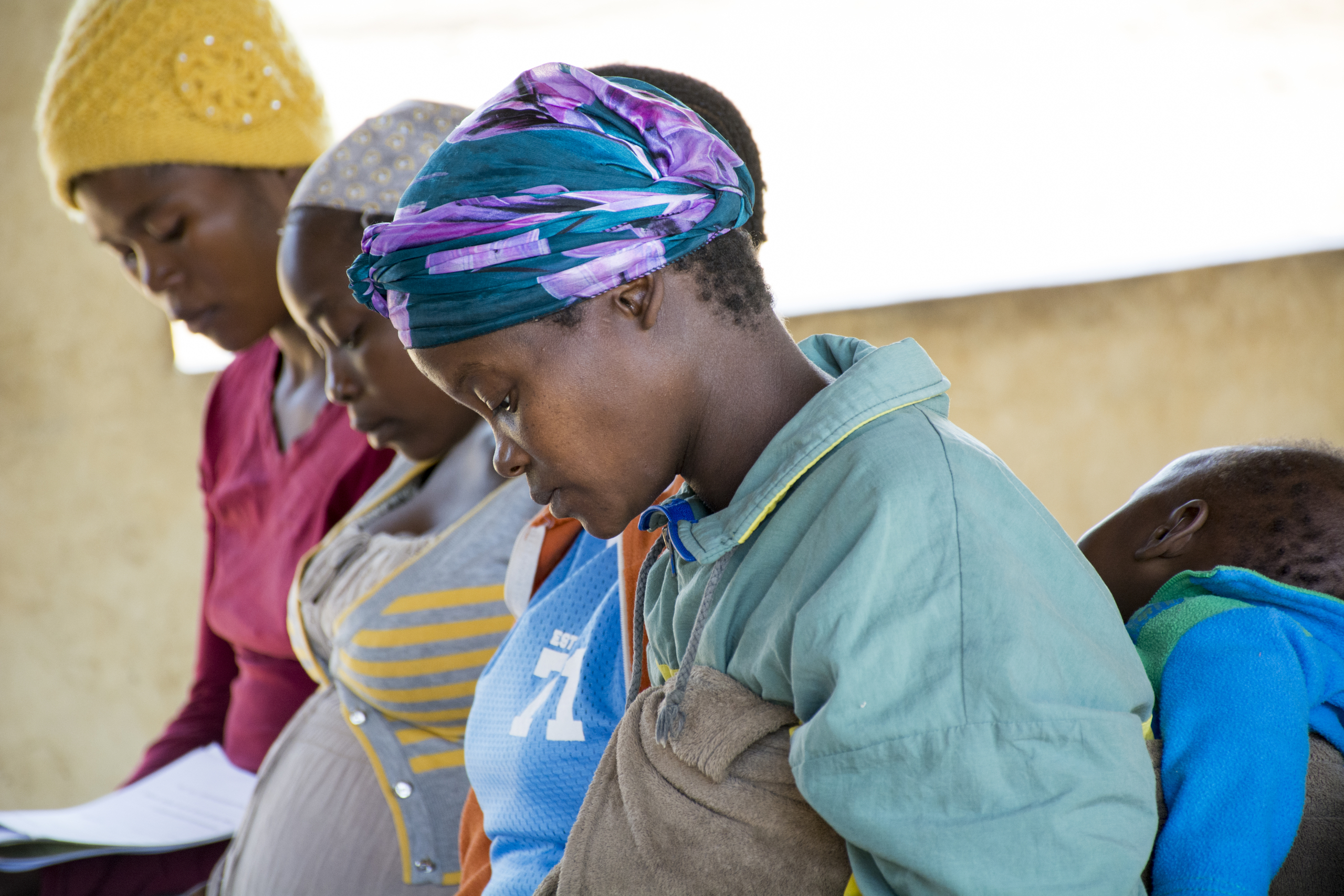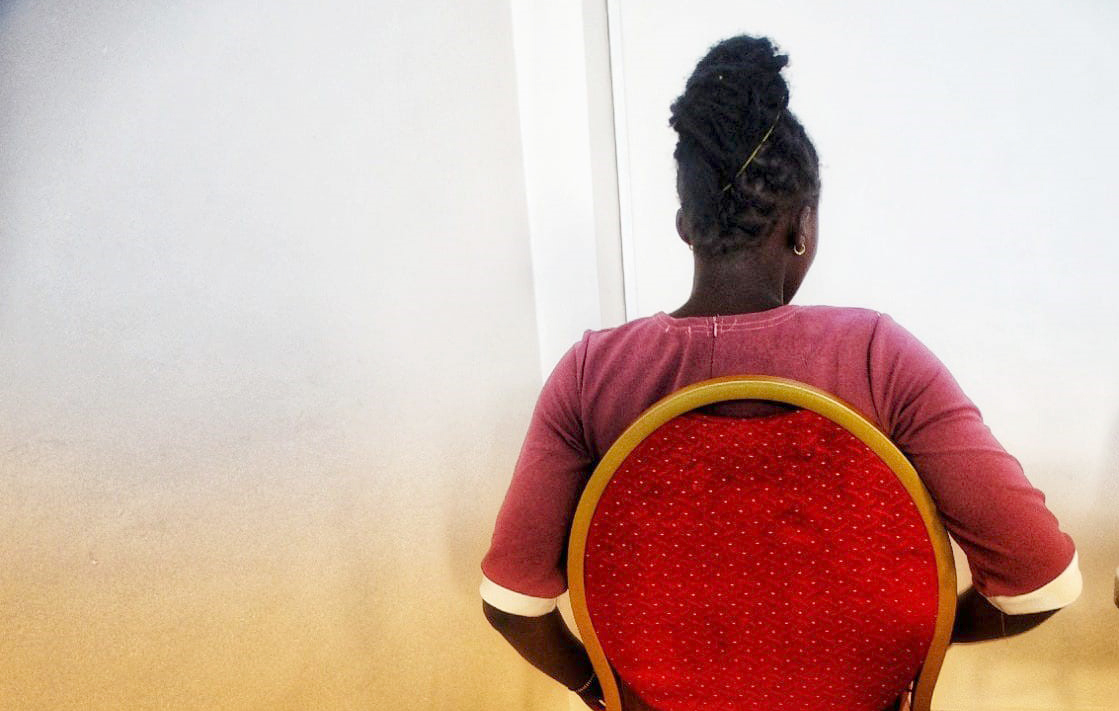What exactly is HIV Prevention?
Great question! We are glad you asked. Let’s start by reviewing HIV. HIV stands for human immunodeficiency virus. HIV is a virus that, if not treated, will destroy the body’s immune system. HIV transmission refers to when HIV is spread from person to person. HIV transmission can happen if you come into direct contact with infected bodily fluids like semen, blood, or breastmilk.
HIV transmission can happen during:
- Unprotected sex between one person living with HIV with a high level of virus in their body and another person not living with HIV
- Pregnancy, childbirth, and breastfeeding
- Sharing needles used for injecting drugs
*For people living with HIV who are consistently taking their medication and whose viral level is and has been undetectable (very low! for over 6 months) HIV will NOT be passed during sex; this is known as undetectable = untransmittable [U=U]
HIV in NOT spread through hugging, kissing, sharing a plate, touching someone or being in the same room as someone. HIV is a completely manageable disease and it is possible to live a full, healthy, long life with HIV
HIV prevention is about empowering individuals to protect themselves and their loved ones against getting infected with HIV and to choose prevention options that work best for them in their lives at this moment.
Let’s talk about options for prevention:
There are different prevention options available to protect yourself and others. These are described in the box below. In addition, decision support tools, like the MOSAIC Journey Tool, are available to help people choose the best option for them.
How to decide what’s right for you: some questions you can ask yourself
The decision on what kind of prevention option you would like to use should be made by you and you alone. It is important you have all the correct information about the methods and to assess other factors that may be important to consider for yourself. At the health facility they will also confirm your HIV negative status before discussing prevention options available.
Some questions you can think about when making this decision:
- What is my current situation?
- Am I in a relationship?
- Do I know my partner’s status if I am in a relationship?
- Do I need protection for a short while or longer term?
- Am I far from a facility? How often does it make sense for me to go? Am I in school?
- What’s important to me?
- Do I prefer taking something I have control over – like daily pills or bi-monthly injections?
- Do I prefer something more discreet?
- Do I find it difficult to take oral or daily tablets?
- Are there any side effects I would want to discuss more with a provider before making a decision?
- Do I only want to protect myself against HIV or do I also want protection against other STIs and unwanted pregnancy?




